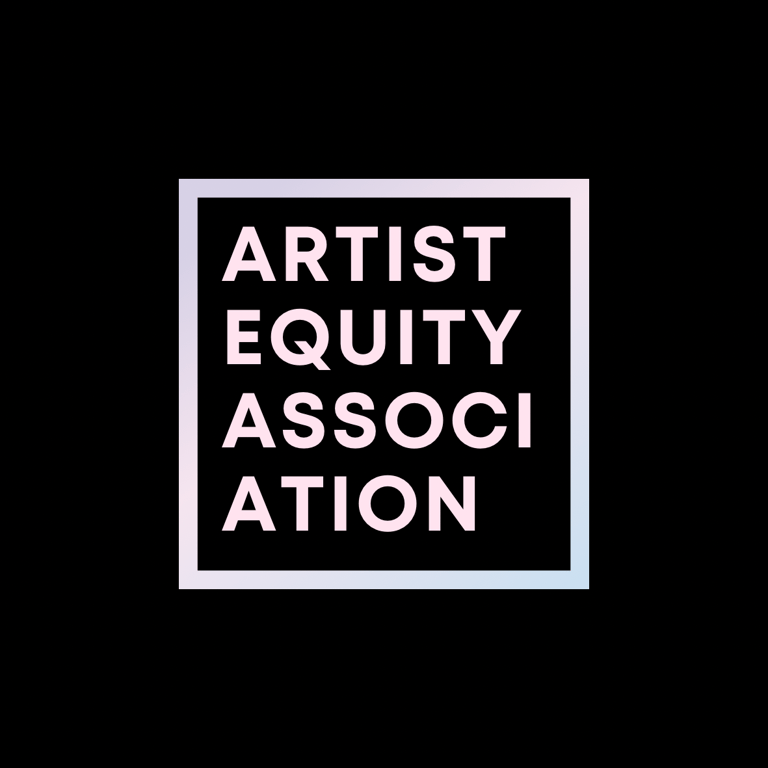Creativity as a Skill: Cultivating a Thriving Artistic Practice
reativity isn’t just an innate talent reserved for a select few. It’s a skill that can be nurtured, developed, and refined over time. Whether you're a painter, writer, musician, or digital artist, creativity is the heart of your craft, and the good news is, anyone can cultivate it. In this post, we’ll explore practical resources, workshops, and methods to help you develop and sustain a flourishing artistic practice.
Monica Fish
11/13/20243 min read


Creativity as a Skill: Cultivating a Thriving Artistic Practice
Creativity isn’t just an innate talent reserved for a select few. It’s a skill that can be nurtured, developed, and refined over time. Whether you're a painter, writer, musician, or digital artist, creativity is the heart of your craft, and the good news is, anyone can cultivate it. In this post, we’ll explore practical resources, workshops, and methods to help you develop and sustain a flourishing artistic practice.
1. The Foundation of Creativity: Mindset and Environment
The first step in fostering creativity is recognizing that it thrives in a space of openness and acceptance. Creativity is about exploring new ideas, expressing your thoughts, and sometimes even making mistakes. To nurture this process, begin by creating a supportive environment where you feel inspired. This could be a physical space—your art studio, a cozy corner, or a bright, airy room—or an emotional one, where you give yourself the freedom to experiment without judgment.
Resources:
Books:
The Artist’s Way by Julia Cameron – A fantastic resource that introduces creativity as a spiritual practice.
Big Magic by Elizabeth Gilbert – A guide to embracing creativity and living a creative life without fear of failure.
Apps:
Miro – A collaborative online whiteboard tool great for brainstorming and organizing creative ideas.
Trello – Helps keep track of projects and creative goals, whether you’re working solo or as a team.
2. Workshops and Classes for Cultivating Creativity
Sometimes, a structured approach can be the key to unlocking your creative potential. Workshops and classes provide a supportive environment for experimentation and growth, while also offering you new techniques and fresh perspectives. Participating in workshops helps you stay motivated, meet like-minded individuals, and develop a deep connection to your creative practice.
Local Opportunities:
Armory Art Center offers a range of classes, including mixed media, photography, and digital art. These classes provide hands-on learning in a supportive community.
Creative Writing Workshops – Explore poetry, short stories, or memoir writing to develop the skill of storytelling and self-expression.
Online Workshops:
Skillshare – Offers thousands of classes across all artistic disciplines. Whether you're into illustration, photography, or graphic design, there's a class to suit your interests.
MasterClass – High-profile instructors such as Neil Gaiman, Annie Leibovitz, and David Lynch share their artistic wisdom, offering insights into both the craft and the process.
3. Techniques for Developing Creative Habits
Creativity isn’t just about bursts of inspiration—it’s about developing the habits that allow creativity to flow freely. By establishing consistent routines and practices, you can stay in a creative mindset. Here are a few techniques to help you tap into your creativity daily:
Morning Pages – A concept from The Artist’s Way, where you write three pages of free-flowing thoughts every morning to clear your mind and allow creativity to bloom.
Creative Journaling – Keep a journal dedicated to your thoughts, sketches, and ideas. Sometimes the smallest note can turn into a larger artistic endeavor.
Play and Experimentation – Creativity flourishes when you give yourself permission to try new things without the pressure to create a masterpiece. Set aside time to experiment with materials, colors, or themes that you wouldn’t normally use.
4. The Importance of Community and Collaboration
Creativity is often sparked by interaction with others. Sharing ideas and collaborating on projects not only deepens your creative understanding but also opens doors to new opportunities. Whether through online forums, creative meetups, or collaborative projects, connecting with fellow creatives is a powerful way to grow.
Community-Based Opportunities:
Divine Durgas – A nonprofit dedicated to fostering creativity and social connection through art, dance, and community gatherings. It’s a great way to connect with like-minded individuals.
Creative Meetups – Join a local or virtual creative group to exchange ideas, get feedback, and work together on projects.
5. The Role of Consistency in Building Creativity
The key to unlocking your full creative potential is consistency. Whether it’s through daily practice or working on personal projects regularly, consistency helps to develop and strengthen your creative muscles. Remember, the more you practice, the more you expand your skill set.
Resources for Consistency:
Time Management Tools: Use tools like Notion or Google Calendar to schedule dedicated creative time. Consistency doesn’t just happen; it requires planning.
Creative Challenges: Participate in challenges like Inktober (for illustrators) or NaNoWriMo (for writers) to give yourself a structured goal and the motivation to keep creating.
Conclusion
Creativity is not just for the "chosen" few, but a skill that everyone can develop. By cultivating a creative mindset, engaging in workshops and learning experiences, experimenting with different techniques, and collaborating with others, you can build and sustain a thriving artistic practice. No matter where you are on your creative journey, remember: creativity is a muscle that gets stronger with regular use.
Artist Equity Association
Supporting artists in their professional growth journey.
Resources
Connect
© Artist Equity Association 2024. All rights reserved.
Membership Benefits
Member Curriculums & Courses
ADVOCACY
